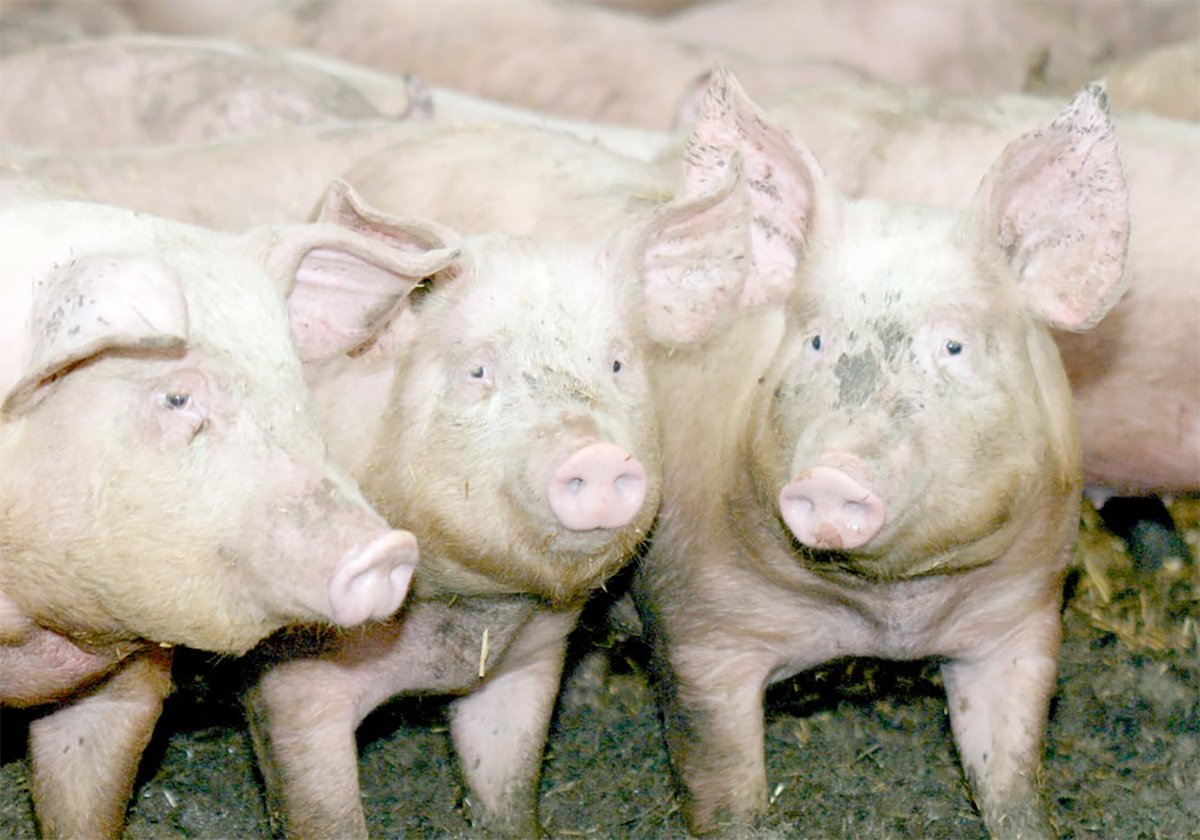Western Producer Calgary reporter Barbara Duckworth travelled to Denver, Colorado, for the International Livestock Congress and the National Western Stock Show to look at how issues there will affect Canadian producers.
U.S. beef producers will likely face lawsuits from Canada and Mexico if the United States passes its country-of-origin labelling law in its present form, says an American beef official.
Jay Truitt, vice-president of government affairs for the National Cattlemen’s Beef Association, said the labelling law within the U.S. farm bill must abide by international trade agreements.
Read Also

The Western Producer Livestock Report – November 13, 2025
Western Producer Livestock Report for November 13, 2025. See U.S. & Canadian hog prices, Canadian bison & lamb market data and sales insights.
Under Article 3 of the North American Free Trade Agreement, the U.S. cannot hold other countries to a different standard, he said during an international livestock congress in Denver Jan. 15.
“This law will end up in the courts at some point in the future,” he said.
“I don’t think there are any of us that have been involved in this process believe that once we do it, it’s done.”
In addition to trade challenges from other countries, litigation could also be launched by American processing companies forced to make substantial changes to their businesses.
He said it was assumed the law, which demands that beef, pork, lamb and produce carry country-of-origin labels, would be complete by now but it has not made much progress, largely because of the continuing debate over the 2007 farm bill and the looming presidential election.
Without revisions, the law written in 2002 will come into effect Sept. 30. It has been delayed twice but Congress has warned no more extensions are forthcoming.
“So whether the consequences are good, bad or indifferent related to the implementation of country-of-origin labelling … it is actually going to happen,” Truitt said.
Final regulations have not been published, which could provide modifications.
Rosemary Mucklow of the National Meat Association, which represents packers and processors, said Easter is the deadline for substantial rule changes.
“If we get some change in the law by Easter we may have some finished regulations close to Oct. 1, but we will then need time in order to implement labelling.”
It could takes another six months to develop labels and find ways to manage stored inventory.
The Senate recently suggested adding poultry to the list of products covered under the bill, but that is of little concern to chicken producers because the birds are born and processed in about 60 days.
“It is no great penalty to the poultry industry to have to do this,” Mucklow said.
Options have been proposed for red meat, such as including alternative labelling language in the farm bill, but that is yet to be resolved.
The law won’t apply to animals that were in the United States on or before Jan. 1. As well, products destined for food service do not have to be labelled.
For all other items, the label may state “product of the U.S.” if it was exclusively born, raised and slaughtered in the U.S. Truitt said 90 percent of the meat processed in the U.S. falls into this category.
Product of the U.S. also includes animals born and raised in Alaska or Hawaii and transported for a period of not more than 60 days through Canada to the U.S. and slaughtered in the U.S.
If the animal was not exclusively from the U.S., the label may state “product of the United States and Canada.”
Animals imported for immediate slaughter will have labels that include the country of origin and the U.S.
Ground beef, pork and lamb labels may list all countries from which meat was blended.















